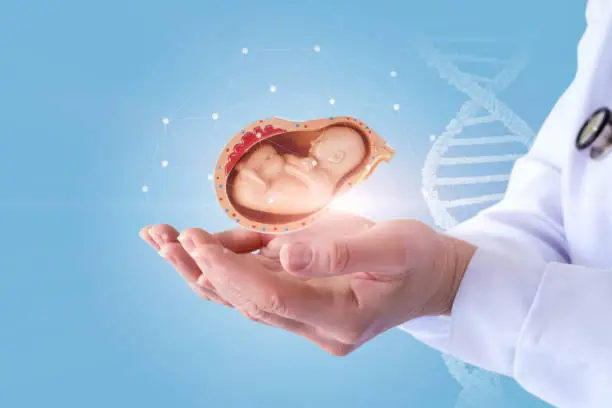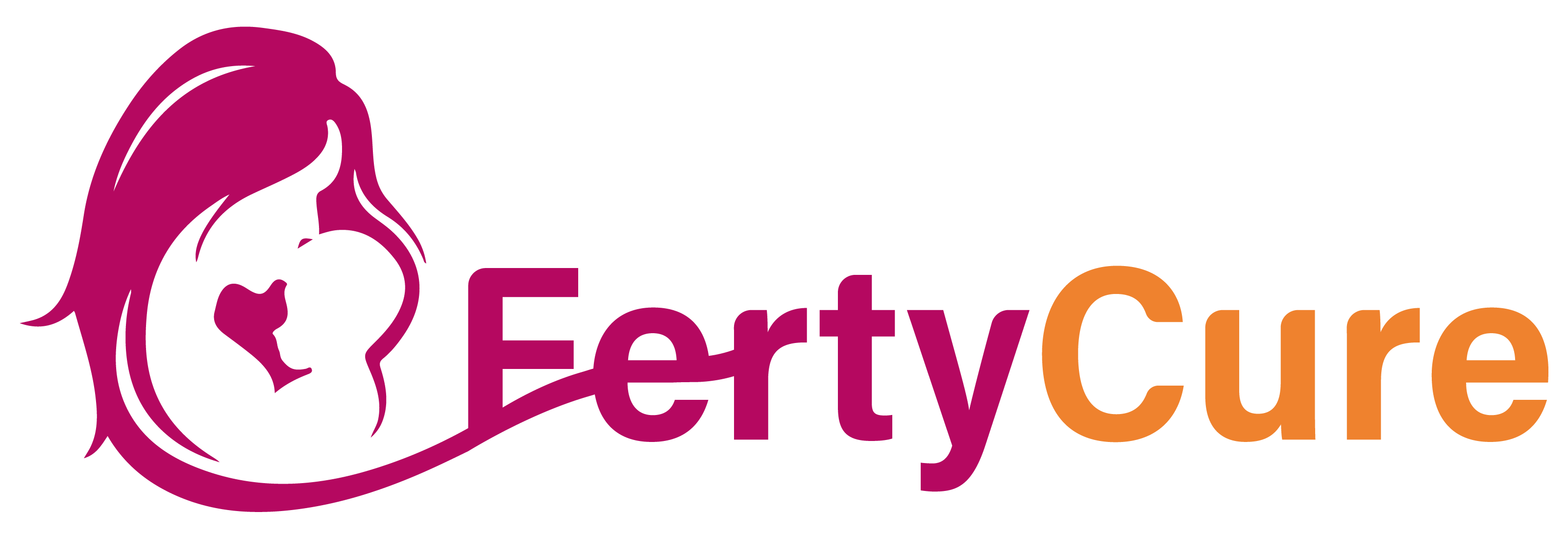Table of Contents
IVF Babies Health Outcomes: Are They Born Healthy?
In recent decades, the field of reproductive medicine has witnessed incredible advancements, one of which is In Vitro Fertilization (IVF). IVF has opened doors for couples struggling with fertility issues to conceive and bring their dreams of parenthood to life. However, as with any medical procedure, questions arise about the IVF babies health outcomes. Are they born healthy? This article delves into the various aspects of IVF babies health outcomes, shedding light on their well-being, development, and any potential concerns.
Understanding IVF: A Brief Overview
In Vitro Fertilization is a groundbreaking assisted reproductive technology that involves the fusion of egg and sperm outside the body, followed by the transfer of the fertilized embryo into the mother’s uterus. IVF has offered hope to millions of couples worldwide, enabling them to overcome infertility challenges.
Are IVF Babies Born Healthy?
Addressing Common Concerns
IVF babies, like naturally conceived children, can be born perfectly healthy. It’s essential to dispel any misconceptions and myths surrounding the IVF babies health outcomes. Scientific research has shown that the method of conception doesn’t necessarily determine a child’s overall health.
Examining Health Statistics
Various studies have examined the IVF babies health outcomes compared to naturally conceived children. The majority of these studies indicate that there is no significant difference in the health and development of IVF-born children. Factors such as birth weight, congenital abnormalities, and cognitive development are all within the expected range.

Factors Influencing IVF Babies Health outcomes
Maternal Health
The health of the mother plays a crucial role in the well-being of the child. Expectant mothers who undergo IVF are often closely monitored by medical professionals to ensure a healthy pregnancy.
Laboratory Techniques
The laboratory environment where fertilization occurs also impacts IVF babies health outcomes. Rigorous quality control measures and advancements in lab techniques have contributed to the improved health of IVF-born children.
Long-Term Health Considerations
Growth and Development
Studies tracking the growth and development of IVF babies have found that they achieve developmental milestones on par with naturally conceived children. Factors such as physical, cognitive, and emotional development are all comparable.
Genetic Factors
It’s important to note that the genetic makeup of the parents contributes significantly to a child’s health. IVF doesn’t introduce additional genetic risks beyond those associated with the parents’ DNA.
Addressing Potential Concerns
Preterm Birth and Low Birth Weight
Some studies have suggested a slightly higher incidence of preterm birth and low birth weight among IVF babies. However, advancements in prenatal care have significantly reduced the impact of these concerns.
Birth Defects in IVF Babies
Research indicates that the incidence of birth defects in IVF babies is the same compared to naturally conceived children. This is no difference just because of differences in the means of birth. There are other factors like maternal age and underlying medical conditions that may cause birth defects in IVF Babies.
Conclusion
In conclusion, IVF babies are born healthy, and their health outcomes are generally positive. Scientific advancements, rigorous quality control measures, and comprehensive prenatal care have collectively contributed to ensuring the well-being of IVF-born children. The method of conception does not define a child’s health; rather, it’s the care and attention provided by parents and medical professionals that play a pivotal role in their growth and development.
For any queries regarding your reproductive health/Infertility Treatment and IVF treatment, Contact us at this number. +919044346392 Or Drop a mail here fertycure@gmail.com
FAQs (Frequently Asked Questions)
- Are IVF babies more prone to health issues than traditionally conceived children?
- No, scientific studies have shown that there is no significant difference in the overall health of IVF babies compared to traditionally conceived children.
- Do IVF babies have a higher risk of birth defects?
- The incidence of birth defects in IVF babies is slightly elevated, but it’s important to note that this difference is attributed to various factors, including maternal age and genetics.
- Are IVF pregnancies more closely monitored than traditional pregnancies?
- Yes, IVF pregnancies are often closely monitored by medical professionals to ensure the health and well-being of both the mother and the child.
- Does the laboratory environment impact IVF babies’ health?
- Yes, advancements in laboratory techniques and stringent quality control measures have contributed to the improved health outcomes of IVF-born children.
- Are the developmental milestones of IVF babies comparable to naturally conceived children?
- Yes, studies have shown that IVF babies achieve developmental milestones on par with naturally conceived children, including physical, cognitive, and emotional development.

